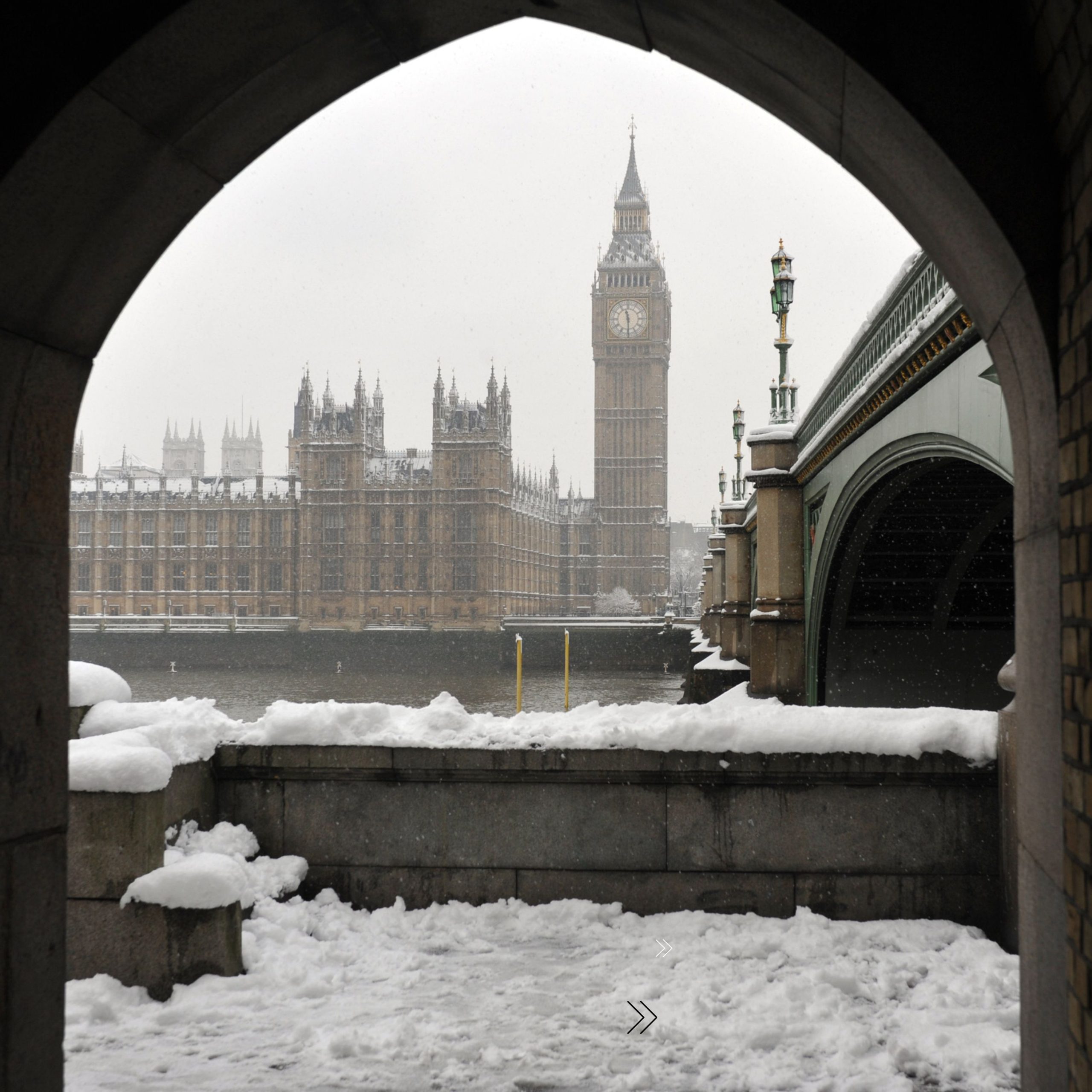Business closure in snowy weather can cost an organisation more than just wages.
There are many implications for a business needing to close in snowy weather. Closing a business premises during icy and snowy conditions might be necessary for the safety of employees and customers.
While this decision can help prevent accidents and injuries, it can also come with some considerable costs. Here are the implications of business closure in snowy weather.
Employee wages
If your business needs to close in snowy weather you may still need to pay your employees for the scheduled work hours. Some businesses have policies in place for inclement snowy weather closures, which may include paying employees for a certain number of hours or providing them with paid time off.
Loss of revenue
Closing the business means you won’t be able to generate any revenue during the period of closure. This loss can be significant, especially if the closure occurs during a busy season or a time when there were already anticipated high sales.
Some operational costs might still occur even if the business is closed. For instance, you may need to maintain utilities, security, and other essential services even when there are no customers.
Customer impact
Depending on the nature of your business, a sudden business closure in snowy weather can lead to customer dissatisfaction. If customers were planning to visit your establishment or use your services during that time, they may need to find alternative solutions or competitors.
An unplanned closure can affect your business’s reputation. Customers may view it as unpreparedness or indifference to their needs, which could lead to a loss of trust and loyalty.
Insurance and catching up
Check your insurance policy to see if it covers any losses resulting from business closures due to severe weather conditions. Also, be aware of any legal obligations you have to employees and customers in such situations.
Depending on the nature of your business, you may need to reschedule appointments, deliveries, or services that were planned during the closure. This can lead to increased workload and possible logistical challenges.
Business closure in snowy weather: Safety first
It’s crucial to weigh the potential costs and implications of closing your business in snowy weather during icy conditions against the risks of staying open. Safety should always be the top priority, and taking necessary precautions to protect employees and customers is essential. If your business operates in an area prone to icy conditions, it’s wise to have a contingency plan in place for such situations.
Preventing business closure in snowy weather conditions involves proactive planning, preparedness, and the implementation of safety measures. Here are five steps to help you prevent business closure in such weather conditions.
1.Monitor Weather Forecasts
Stay updated on weather forecasts and warnings. Subscribe to reliable weather services to receive real-time information about potential icy conditions or hire a gritting company to consult on this. This way, you can anticipate and plan for adverse weather well in advance.
Develop a clear inclement weather policy that outlines when and how the decision to close the business will be made. Include factors such as temperature, road conditions, and local advisories that will trigger closure. Ensure all employees are familiar with this policy.
2.Safety Training and Equipment
Train your employees on safety measures for icy conditions, such as proper footwear, walking on slippery surfaces, and safe driving practices. Provide necessary equipment like salt or ice melt, shovels, and slip-resistant mats to prevent accidents in and around your business premises.
3.Alternative work options
If feasible for your business, consider implementing remote work policies during icy conditions. This allows employees to work from the safety of their homes, reducing the need for them to commute to the office.
Implement flexible work schedules. For instance, you can allow employees to come in later or leave earlier to avoid peak icy hours. This helps reduce the risk of accidents during travel.
4.Snow and ice back up plan
Ensure that your business has backup power sources or generators in case of power outages caused by freezing weather. Also, insulate water pipes to prevent freezing and bursting.
Develop a plan for snow and ice removal around your business premises. Hire a reliable snow removal or gritting service to keep driveways, parking areas, and pavements clear and safe for both employees and customers.
Set up an efficient emergency communication system to quickly notify employees and customers about business operations during icy conditions. Utilise email, text messaging, or social media to keep everyone informed.
5.Network and be prepared
Stay connected with local businesses, government agencies, and emergency services. Collaborate with neighbouring businesses to share resources and information during emergencies.
By being proactive and prepared, you can minimise the risks associated with icy conditions and keep your business running as smoothly as possible even during challenging weather. Prioritise the safety of your employees and customers, and communicate clearly about any changes in business operations during icy conditions.






